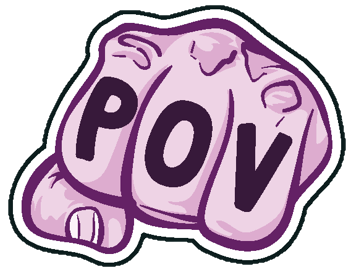


Chris Cornell has impacted on your life: I guarantee it. Whether or not you even like him and his music, if you have been passionate about indie/rock/punk/alternative music any time since the early ’90s I’m certain he has made your life a bit easier. Let me tell you why.
Cornell was part of that coterie – Nirvana, Pearl Jam and Soundgarden et al – that killed the traditional rock scene. So called grunge emerged from a post-punk indie world and completely changed the rules for musicians, but most importantly for fans.
I love the idea that bands, songs or albums can change a scene or a genre and truly subvert culture – often in completely unexpected ways. The grunge scene took all the pomp and ceremony of stadium rock and shrugged at it, making alternative music more authentic, relevant and accessible for more people. Cornell and co had been happily playing for years, before major labels started a bidding war for their intoxicating, insubordinate brand of alternative rock. MTV loved them and suddenly a darker, more thoughtful brand of alternative music was outselling the old guard.
Cornell was a key player in that group of people who made alternative music mainstream. They were hated for doing so in some quarters, but they took punk and indie sensibilities and made it okay to not be sparkly and perky 24/7. That was very good news for fans because suddenly it wasn’t as unconventional or strange to be into a scene that marked you out as different from your classmates. So those kids that, perhaps a couple of generations ago, would’ve got teased at school for their hair, clothes and tunes, were suddenly less marginalised and able to occupy a more central space in popular culture.
I’ve been working with school kids over the last year on a grime project and I’ve been struck continually by how accepting all the kids from their respective scenes are of each other. Whether they’re into grime, punk, house, emo or pop, they all rub along together and are respectful of each other’s scenes. Kids are kids and human nature is what it is of course, but it seems a much more accepting environment has emerged for young people to express that stuff.
There’s many people more qualified than me to articulate the impact of Cornell’s musical influence. For me though, he’s done more for anti-bullying in the long term than many an education-backed campaign could have hoped for. He can personally take a tonne of credit for bringing the ultimate punk ethos into the new millennium, by way of a more authentic kind of self-expression.
I’m not saying bullying and other ugly things no longer exist for people who choose to express their musical and cultural tastes, but I do think he started a seismic change in mainstreaming alternative scenes. None of this happened overnight, of course. There’s always more to do and it’s a complex dynamic because sometimes, precisely what we want to do is not embrace the mainstream and mark ourselves out as a different tribe.
Chris Cornell personally made a massive contribution to that change in our culture and that’s one helluva legacy.
IRENE CARSON
